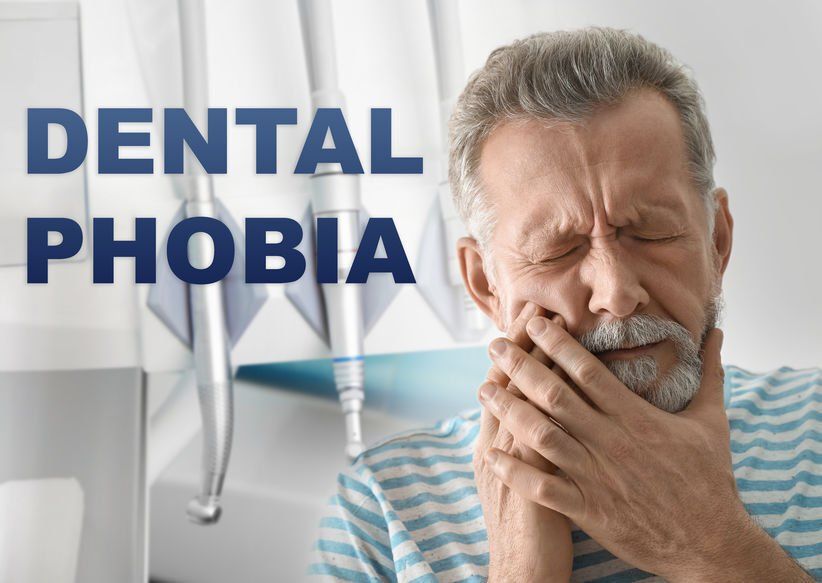Why Do People Have A Fear of The Dentist?
- By Mary Marks
- •
- 23 Mar, 2021
- •

Fear from the dental is among the most common phobias, so common that one in three people have experienced a certain amount of fear before and during dental treatments. Dentist offices like Clarkson Dental work hard to alleviate that fear for their patients. Here are some of the common causes that lead to the development of dental phobia:
- Fear from the pain – most dental treatments involve at least mild pain. The people suffering from dentist phobia experience fear either because of their memories of painful interventions from the past or because they anticipate pain during the intervention or both;
- A bad experience from the past – a rude dentist from the past or a dentist that engaged in lengthy speeches to make the patient feel guilty because of their dental problem can also be a cause of dentist phobia;
- Loss of control – sitting in a dentist’s chair is a vulnerable position in which the patient might feel completely exposed;
- Fear from the sounds that accompany the intervention – the sound of the drills and of other appliances rotating at high speed is another thing that causes fear and anxiety in dental patients;
- Breathing problems – not being able to breathe probably can be very scary. Many people find it difficult to breathe with their mouth open in the dentist chair and they might perceive the entire dental procedure as fearful.





Although oral sedation dentistry Highlands Ranch is one of the optionsavailable for managing anxiety and discomfort during oral surgery, you certainly do not need to use it all the time. As a matter of fact, the exact type of sedation or anesthesia that you receive during oral procedures may depend on various factors, such as the complexity of the procedure, your medical problems, as well as your doctor’s preferences.
There can be several different levels of sedation that can be used in oral surgery. Local anesthesia is one of them. This involves injecting anesthetic medication into the specific area where the surgery will take place. It numbs the area and is often used for less invasive procedures.
Oral sedation involves taking medication in the form of a pill to induce a state of relaxation and drowsiness. The patient is still conscious, but he/she may not be fully aware of the procedure. At any rate, sedation helps him/her get rid of anxiety.
In the case of intravenous sedation, medication is administered through a vein, which induces a deeper state of sedation than oral sedation. Patients may still be conscious, but they are less aware of their surroundings and may not remember the procedure.





